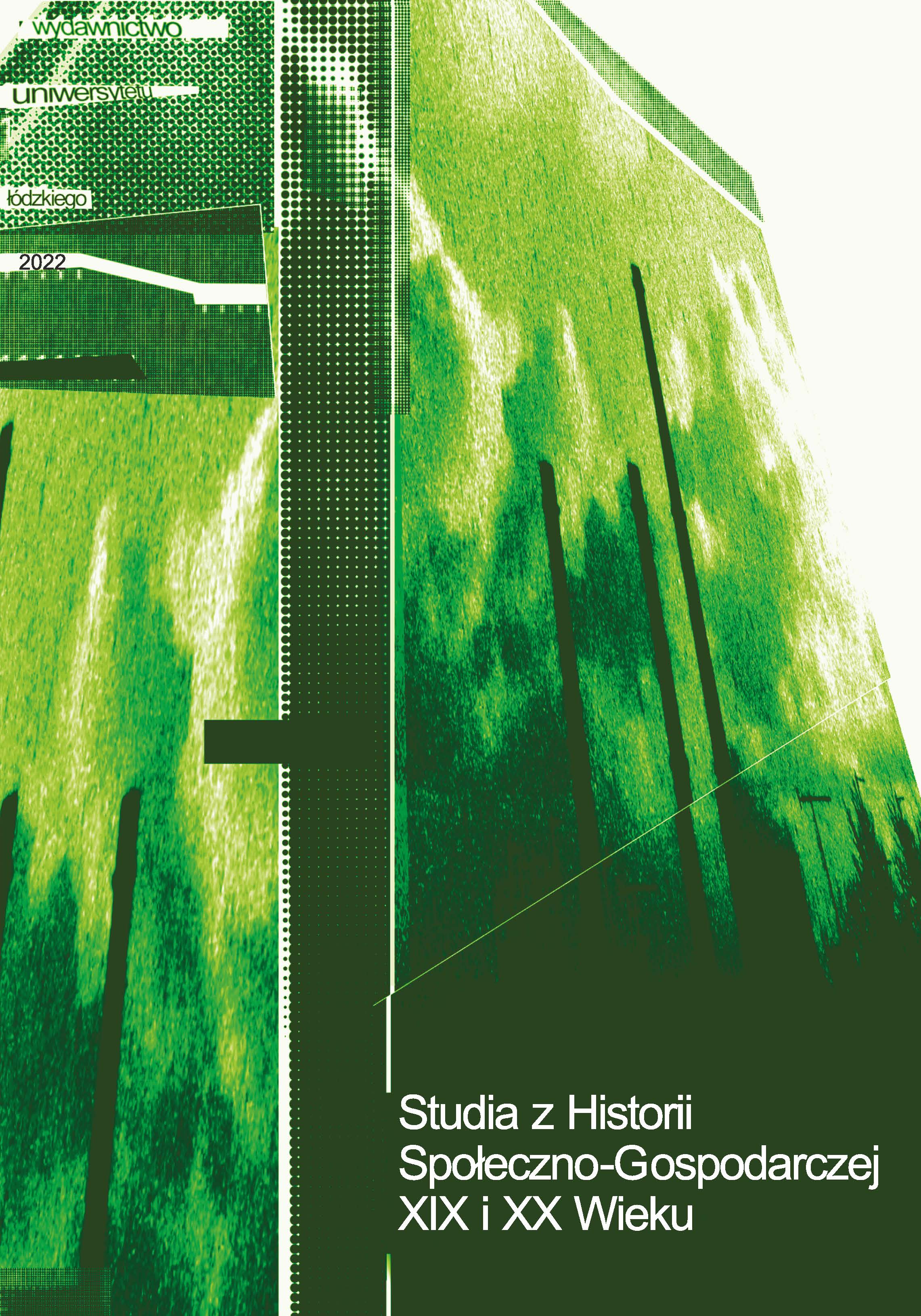Polskie doświadczenia z operą w dobie oświecenia
Polish experiences with opera in the age of Enlightenment
Author(s): Grzegorz MarkiewiczSubject(s): Theatre, Dance, Performing Arts, Cultural history, 17th Century
Published by: Wydawnictwo Uniwersytetu Łódzkiego
Keywords: the art of opera; the Enlightenment; the National Theatre; “Polish Opera”
Summary/Abstract: Poland’s elite were exposed to the art of opera, almost from its inception. In 1628, at the royal castle in Warsaw, artists from Mantua presented the first operatic work on Polish soil, La Galatea. Warsaw was also the first city north of the Alps to establish a permanent opera stage. It was the court theater of Wladyslaw IV Vasa, which operated from 1635–1648 and was in fact a permanent opera theater. Permanent, that is, able “at any moment” to find a librettist and composer capable of creating an operatic work. Having at its disposal, imported from abroad, professional singers, musicians, stage managers and choreographers able to prepare an opera performance. Until the second half of the 18th century, opera had an elite character. Since the establishment of the National Theater in 1765 as a public stage, available to anyone who bought a ticket, operatic works for Warsaw residents and visitors from other parts of the country slowly ceased to be a novelty. Some people went to the opera because they wanted to see a particular work, others were interested in the performance of a particular singer, conductor, director, for others it was a social ritual, a matter of prestige, of being well seen. The basic problem remained the question of whether an opera could be staged in Polish?
Journal: Studia z Historii Społeczno-Gospodarczej XIX i XX wieku
- Issue Year: 2022
- Issue No: 25
- Page Range: 147-160
- Page Count: 14
- Language: Polish

